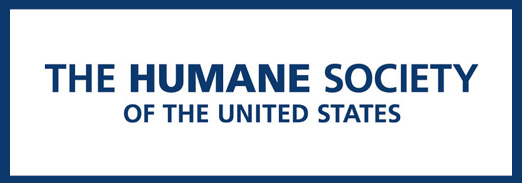
Gradient is pleased to be working alongside the Humane Society of the United States (HSUS) to evaluate US EPA’s proposed approaches to implementing the Frank R. Lautenberg Chemical Safety for the 21st Century Act, also known as “the TSCA reform.” The legislation, which passed in June 2016, has changed how new and existing chemicals are regulated in the US and has significant implications for how animal tests will be used to support US EPA’s new responsibility to affirm chemical safety.
Because the specifics of the reform’s implementation are still under development and subject to public input, Gradient is working with the HSUS to provide oral and written comments on the TSCA reform to US EPA. Our focus is on developing a chemical evaluation process that addresses the need for a more rigorous and transparent approach while limiting the use of animal testing to characterize chemical toxicity. Consistent with US EPA’s requirement to “reduce and replace” vertebrate animal testing, Gradient and the HSUS are jointly working to provide recommendations on hazard evaluation strategies that emphasize fully leveraging existing toxicity and exposure data, utilize robust “read-across” approaches that identify chemically similar substances, consider high-throughput screening and quantitative structure-activity relationship (QSAR) data, and preferentially use studies that employ in vitro test methods.
We anticipate that such strategies will not only meet the TSCA reform’s objectives, but will also advance innovations in toxicological analysis that are more time- and cost-effective than animal studies.
Link to more information from HSUS on Animals in Laboratories.
Link to more information from HSUS on The Human Toxicology Project Consortium.